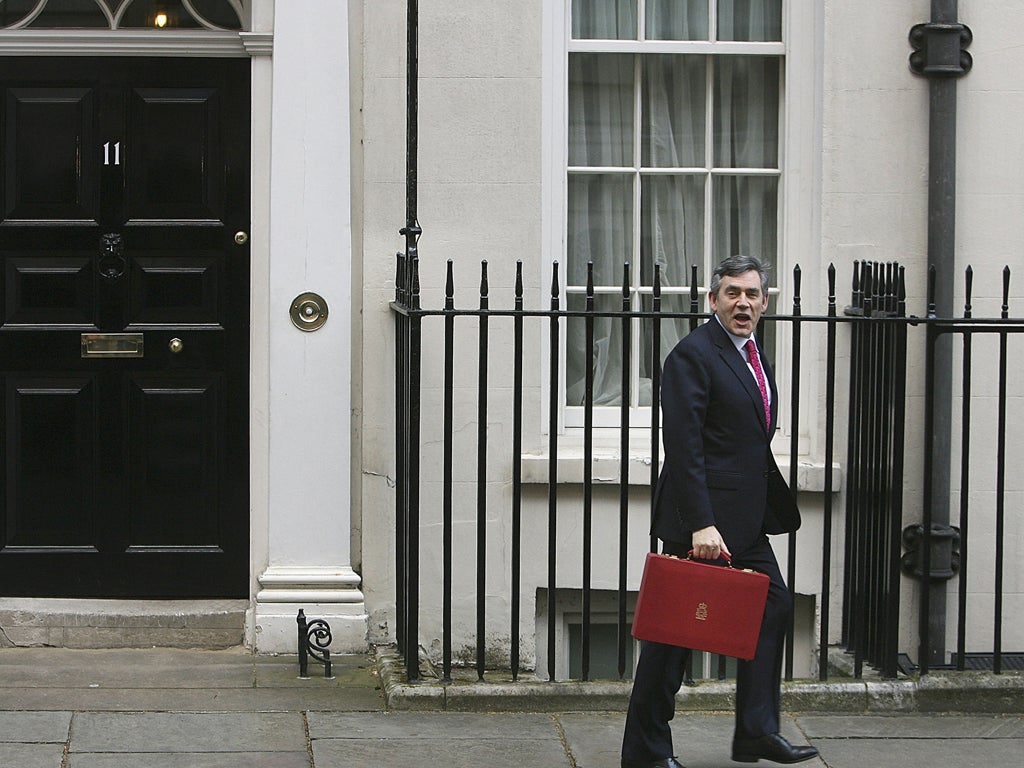Julian Knight: A creaking tax system puts our reputation at stake

How well the tax system works is probably as good an indication as any to a nation's stability and strength.
Just look at Germany and the Scandinavian countries – they have a highly efficient tax-collection system, while Italy and Greece, in particular, are basketcases.
It may be somewhat of a surprise to watchers, like me, of 24-hour news, but Britain has long had an international reputation for being a well-governed nation – that's why this summer's riots were such worldwide news. Our reputation has a lot to do with our tax-collection system.
Generally, in Britain, people declare their earnings and pay their taxes. It's not like Greece, which, according to its tax books, has only 10 millionaires, or Italy, where one in every €10 spent is in the black economy. So last week's news that up to six million Britons, through PAYE, have paid either too much or too little tax is worrying.
This isn't a little local difficulty, this is systemic failure.
The spin machine at Revenue & Customs is playing this for a good news story, the tax rebate to individuals could total £2.5bn, equivalent to nearly 1p off income tax. But it just confirms for me what I've been told by tax experts over the past few years, that our system is at best creaking and could just possibly be at risk of partial collapse.
There are simply too many tax codes and rules. Under Chancellor Gordon Brown tax rules trebled, and all sorts of variants to the tax code were brought in; HMRC has also had to announce it will take on 1,000 or so inspectors to replace those let go earlier. If HMRC is well-staffed, why does it take three months for it to acknowledge that it has even opened correspondence?
Staff are clearly trying to make the best of a bad job, but they urgently need more resources and a simplification of rules and coding. Or Britain will lose its reputation for good governance.
No deal
Speaking at a Building Society Association shindig on Thursday, Grant Shapps, the Housing minister, called for more 10-, 15- and 25-year mortgages. But, again, Mr Shapps, whose first act was to scupper plans to increase the rights of hard-pressed leasehold property owners against rogue managing agents, badly misses the point. Any major provider would tell him that the overwhelming majority of Britons don't want a very long-term fixed mortgage – and they're right.
In 2007 Nationwide offered a 25-year fix at 6.39 per cent. If you'd bought that you'd be spitting tacks; 10-, 15- or 25-year deals (with huge early repayment fees of up to 7 per cent) don't suit modern life – we want to be flexible. Understandably, independent mortgage advisers steer clear; they want us to chop and change and don't want to be held accountable for selling a deal which could cost clients a fortune if they get the choice of fix or float wrong.
We've been here before of course, Alistair Darling called for longer fixes in 2007, and before that we had Professor David Miles's report into the mortgage market, which did the same. But each time the politician or academic calls for these deals the industry and the public simply ignore it. I expect Mr Shapps's intervention to fall on similar stony ground.
Join our commenting forum
Join thought-provoking conversations, follow other Independent readers and see their replies
Comments
Bookmark popover
Removed from bookmarks